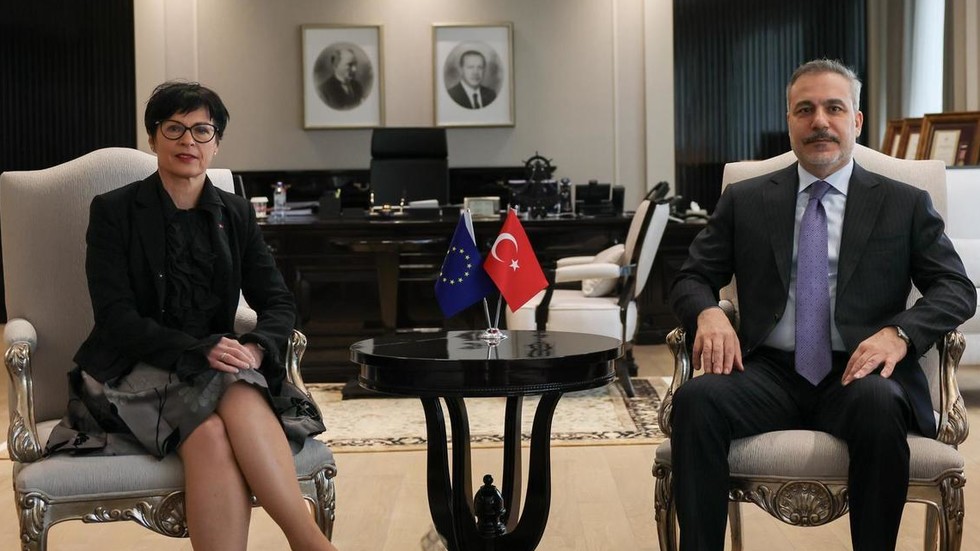A Nigerian federal lawmaker has signaled potential uncertainty about his political future with the Peoples Democratic Party (PDP) while spotlighting dire environmental and security crises in his constituency. Ikeagwuonu Ugochinyere, representing Ideato North and South in the National Assembly, stated he remains focused on legislative priorities amid internal party concerns, though he admitted discomfort with recent developments within the PDP.
Speaking to journalists in Owerri, Imo State, Ugochinyere emphasized that his immediate mandate is to address critical challenges facing his constituents rather than engage in partisan debates. “It’s too early to prioritize party politics when our communities are in distress,” he said, noting his alignment with the advice of constituents urging him to prioritize governance over political maneuvering.
The lawmaker painted a grim picture of conditions in his constituency, citing unchecked erosion and rising insecurity as existential threats. He warned that communities risk “extinction” without urgent intervention, accusing authorities of insufficient action. “Every part of Ideato is grappling with environmental disaster,” he said, stressing the need for sustained government commitment to tackle soil degradation and flooding.
Recent violent attacks in the area, which have claimed civilian lives, drew sharp criticism from Ugochinyere. He attributed the security breakdown to poor investment in local defense mechanisms and absentee leadership. “If vigilante groups were adequately resourced, this crisis wouldn’t have escalated,” he argued, while condemning local council officials for allegedly failing to reside in their jurisdictions, a lapse he claimed enables criminal elements to operate freely.
While Ugochinyere did not specify timelines for decisions about his PDP membership, his remarks underscored a tension between party loyalty and constituent demands. Analysts suggest his stance reflects broader discontent among lawmakers in regions where underdevelopment and violence overshadow political allegiances. The PDP, one of Nigeria’s major parties, has faced internal divisions ahead of upcoming elections, though the lawmaker stopped short of directly threatening defection.
The dual crises of environmental collapse and insecurity in Ideato highlight systemic governance gaps in resource allocation and local administration. With Nigeria ranked among countries most vulnerable to climate-induced displacement, Ugochinyere’s warnings echo concerns about ecological neglect in rural areas. Meanwhile, his security proposals align with calls across West Africa for community-led solutions to insurgencies and banditry, though critics argue such measures require stringent oversight to prevent abuse.
As constituents await tangible interventions, the lawmaker’s balancing act between political pragmatism and grassroots advocacy offers a microcosm of challenges facing Nigeria’s representative democracy.



